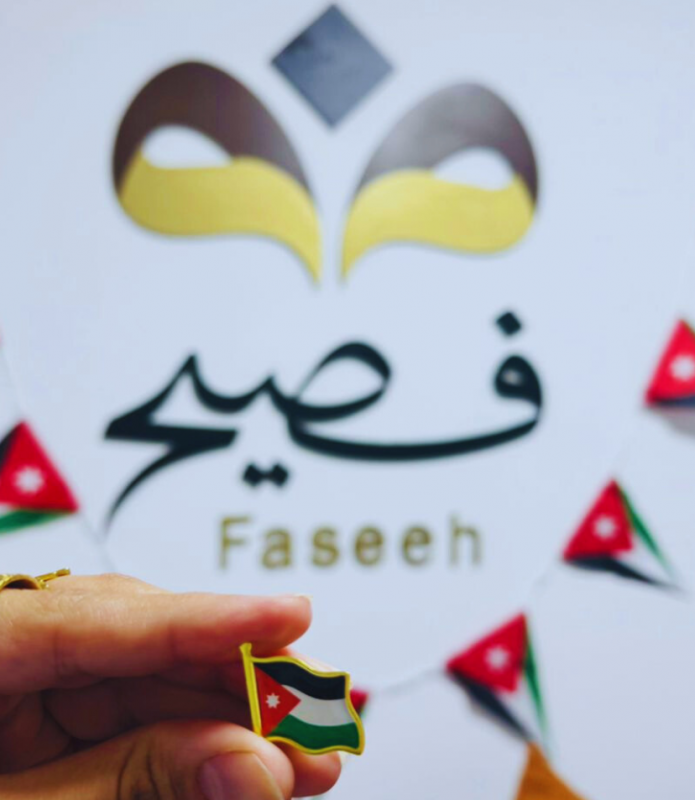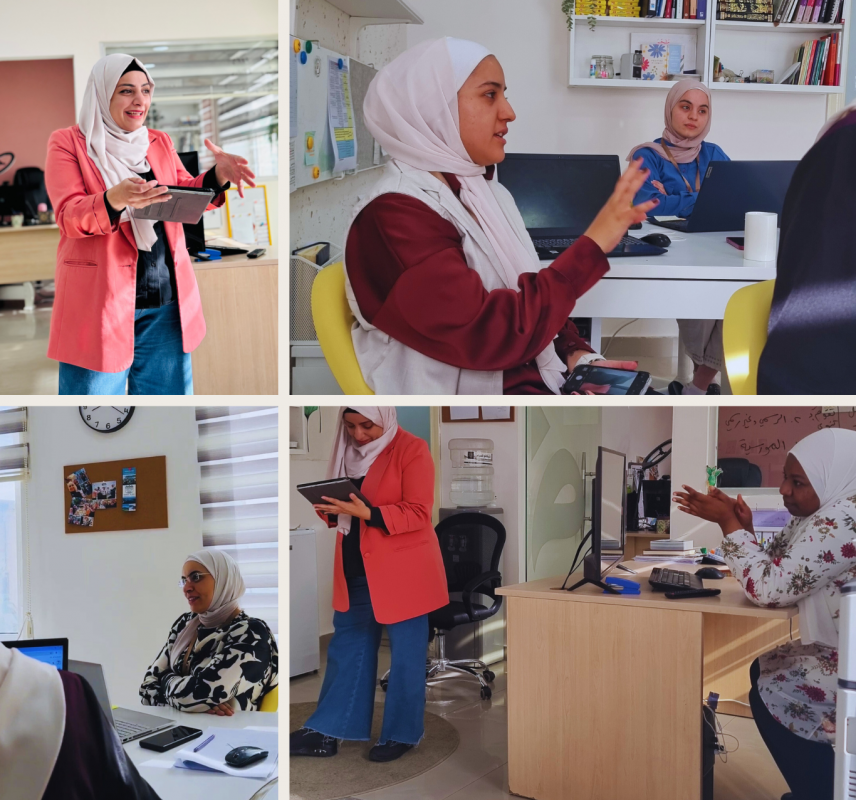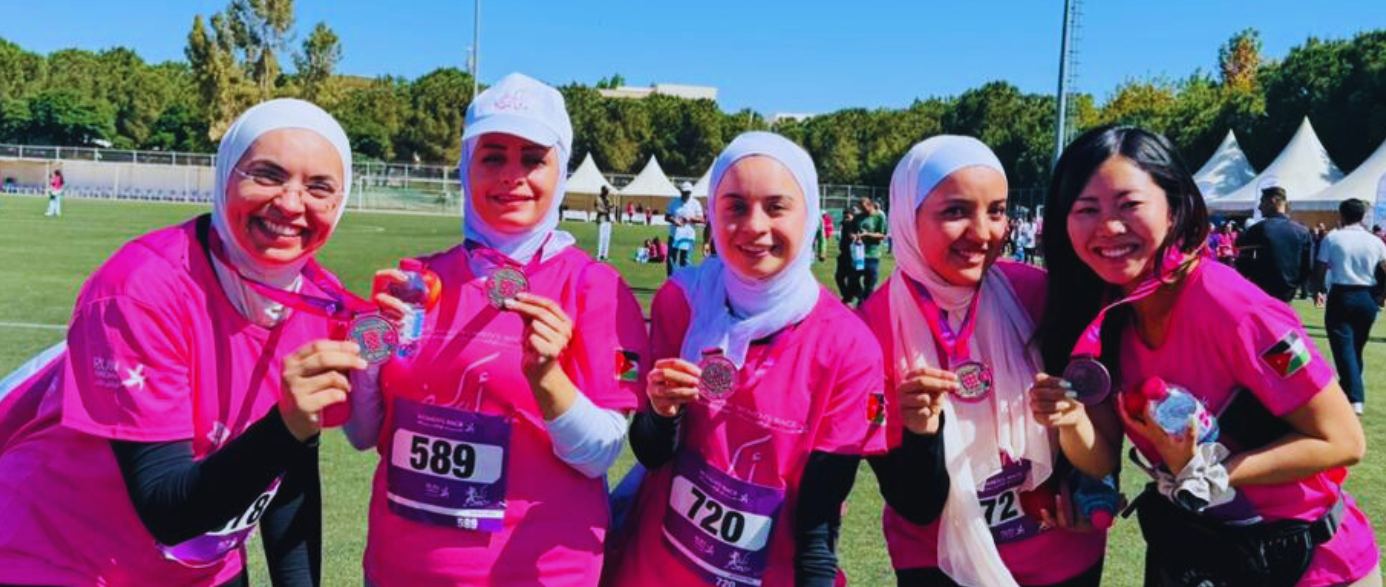My Pronunciation Class Tools: Benefit and Experience
In their academic journey, students work on the four language skills: reading, writing, listening, and speaking. Most aim to master speaking, which depends heavily on correct pronunciation of Arabic sounds to ensure clarity. Pronunciation is the real bridge to understanding, yet teaching it is not easy—especially when new sounds intersect with various linguistic backgrounds.
To make pronunciation practice more accurate and engaging, I started exploring effective tools. Two key ones I rely on are the mirror and the tongue depressor.
The mirror helps students see their own facial and lip movements while practicing sounds. Although they imitate the teacher, they don’t always know if they’re doing it right—here the mirror provides direct visual feedback. Students responded positively to this tool and even asked for video clips to continue practicing at home.
The tongue depressor, usually used by doctors, is surprisingly helpful in teaching pronunciation. It allows both teacher and student to locate articulation points deep inside the mouth, such as the roof of the mouth or tongue edges—places difficult to point to without assistance. Using it alongside the mirror enhances students’ understanding of correct sound production.
These tools are the result of trial and error, aimed at improving students’ pronunciation and helping them grasp the logic of Arabic’s unique sound system.
In future columns, I will discuss other tools and methods I use—technological, behavioral, and more.
Now, I invite you to share:
What tools do you use in your pronunciation classes? And how do you use them?

Bushra Qoqazeh
Instructor and Master’s student in Teaching Arabic to Non-Native Speakers

Faseeh Celebrates Jordan’s Independence Day
Faseeh Institute celebrated the 79th anniversary of Jordan’s Independence Day on May 25th in an atmosphere filled with pride and joy. The institute was decorated with Jordanian flags, creating a distinctly patriotic ambiance. Students recorded heartfelt messages expressing their love and admiration for Jordan, offering their warmest congratulations on this cherished national occasion. Learners from various nationalities affirmed their deep connection to Jordan and their appreciation for its culture and history, wishing the country continued progress and prosperity.

Insightful Discussion on Mindfulness
Ms. Hanan Hasan led a rich discussion on mindfulness and its role in teaching Arabic to non-native speakers, based on research she selected. The session explored how mindfulness enhances learning, improves student focus, and fosters a more aware, interactive classroom. The discussion ended with inspiring ideas and practical applications the institute plans to implement and evaluate soon.

Faseeh Women Participate in the Women’s Marathon
Faseeh’s instructors and a student joined the Women’s Marathon on May 29 at Al Hussein Gardens in Amman. Their participation reflected enthusiasm and team spirit, emphasizing how physical activity supports health and social bonds. They set a strong example of active women in society.



